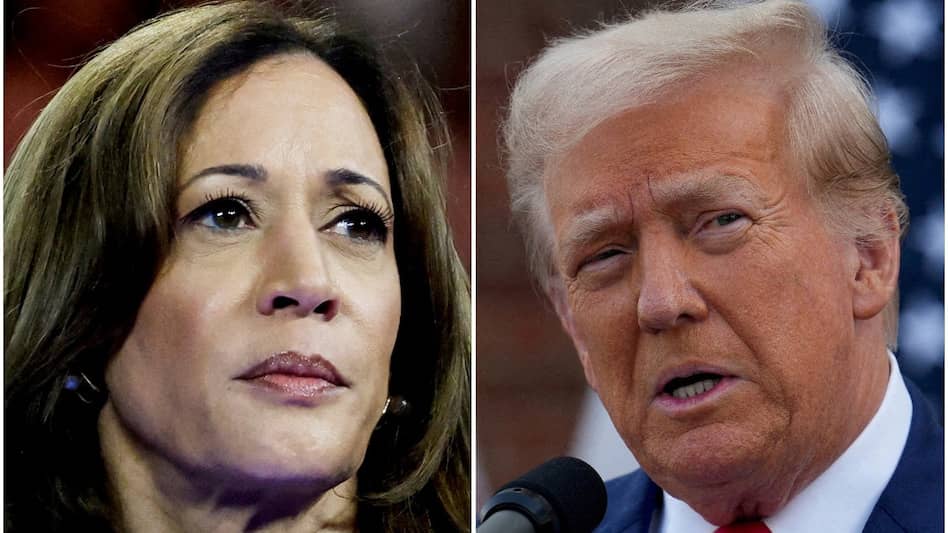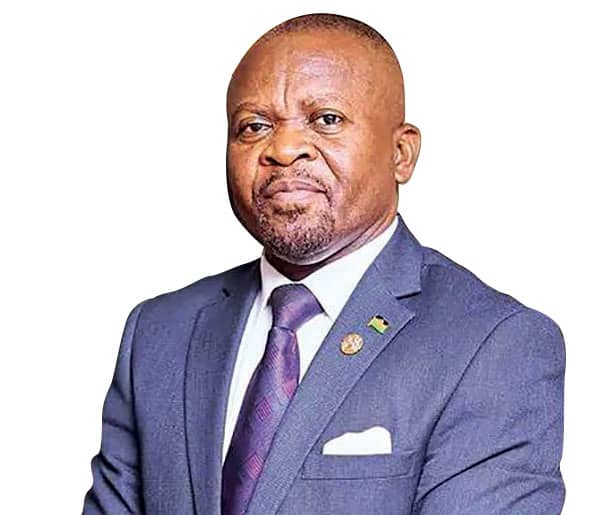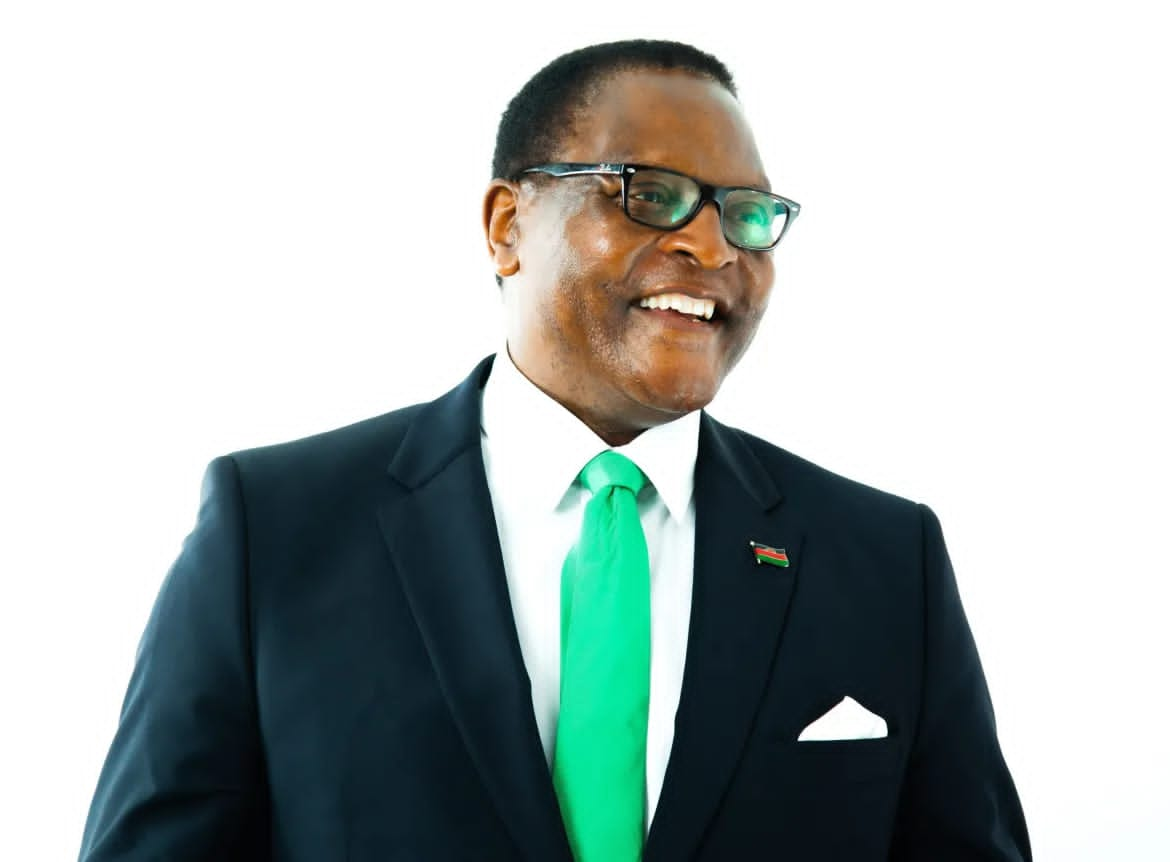By Burnett Munthali
As the U.S. presidential election draws near, the online landscape is inundated with a deluge of rumors, misleading allegations, and outright falsehoods surrounding voting and electoral integrity. This surge of misinformation, unlike any seen in previous elections, poses a significant challenge to both voters and election officials as they prepare for the crucial day on November 5.
The proliferation of misinformation
The current election cycle has witnessed the rise of hundreds of claims regarding purported voting irregularities. These allegations, often fueled by individuals and various political groups—primarily those affiliated with the Republican Party—have created a cacophony of confusion. A small number of misleading posts are also emerging from Democratic sources, but the overwhelming narrative aligns with efforts to cast doubt on the electoral process, especially in light of the 2020 election results.
The allegations range from claims of non-citizens voting to conspiracy theories about voting machines being rigged. Social media platforms are rife with posts that suggest easy access to the ballot box for illegal voters, sowing seeds of distrust in a system that, by design, incorporates numerous safeguards against fraud.
Foreign interference and domestic concerns
Compounding the problem is the involvement of foreign actors, particularly Russia, which has been implicated in disseminating disinformation aimed at undermining public confidence in the electoral process. U.S. government officials have warned that these foreign entities are using fake videos and other misleading content to create a narrative of chaos and distrust.
This foreign interference underscores the vulnerability of the electoral system to external manipulation and highlights the need for robust countermeasures to protect the integrity of the vote. Election officials across the country are on high alert, working to debunk false claims and reassure voters about the security of the electoral process.
Trump’s influence on misinformation
Former President Donald Trump has played a pivotal role in perpetuating many of these false narratives. His rhetoric has often centered around allegations of fraud, particularly as he faces the electorate again. Trump’s assertions that he may be cheated out of victory echo his unfounded claims from the previous election, setting a dangerous precedent for the upcoming vote. His recent comments regarding widespread fraud in Pennsylvania serve to validate the fears and anxieties of his supporters, potentially influencing their perceptions of the electoral process.
Polls indicate that a significant portion of the American populace, approximately 70%, anticipates that Trump will reject the election results if he loses. This expectation creates a chilling effect on the democratic process, leading to greater polarization and mistrust among voters.
The challenge for election officials
The influx of misinformation places immense pressure on election officials tasked with ensuring a fair and transparent voting process. As they work diligently to administer elections, they must also navigate the minefield of false claims and public anxiety. The challenge lies in effectively communicating the truth while countering the barrage of misleading information that permeates social media.
Officials like Pennsylvania’s top election official, Republican Al Schmidt, emphasize the importance of discernment among voters, urging them to be cautious of “half-truths” and disinformation. His statement that the voter registration safeguards are functioning as intended is a reminder that the electoral process is designed to mitigate the risks of fraud.
Conclusion: A call for vigilance and responsibility
As the election approaches, the ramifications of the misinformation crisis cannot be understated. The integrity of the democratic process is at stake, and it is crucial for voters to critically evaluate the information they encounter. Collaboration between social media platforms, government officials, and civic organizations is essential to combat the spread of misinformation and restore public trust in the electoral process.
Ultimately, the success of the upcoming election hinges not only on the turnout of voters but also on their ability to navigate the tumultuous waters of misinformation. Voter education and transparency are key to ensuring that democracy prevails in the face of a concerted effort to undermine it. The stakes are high, and as the clock ticks down to Election Day, the fight against misinformation remains one of the most pressing challenges in safeguarding American democracy.




